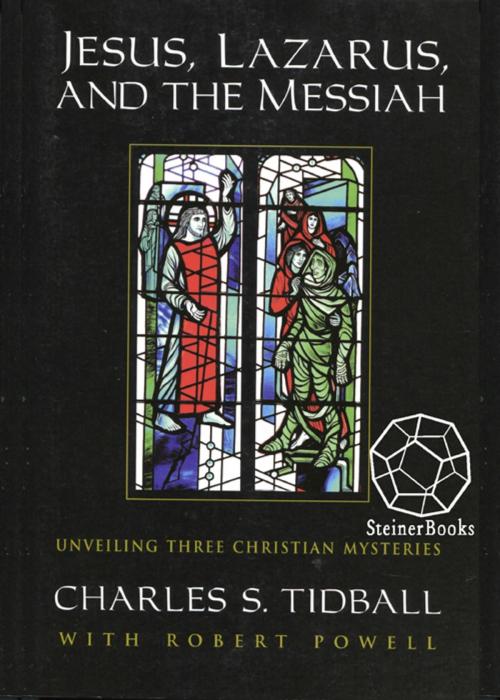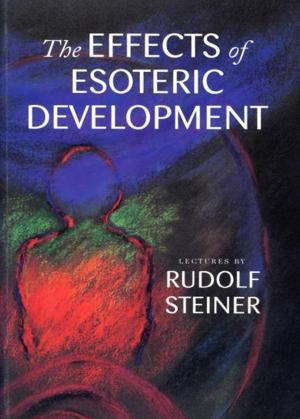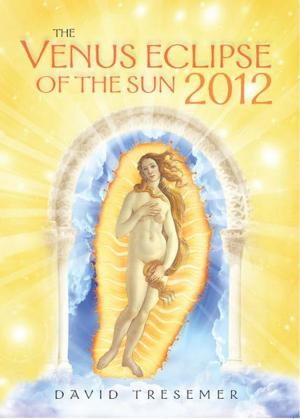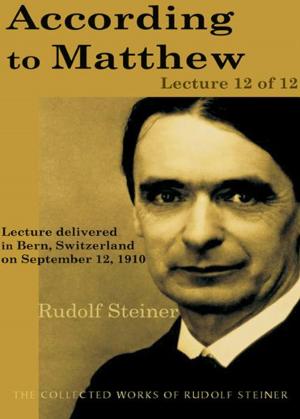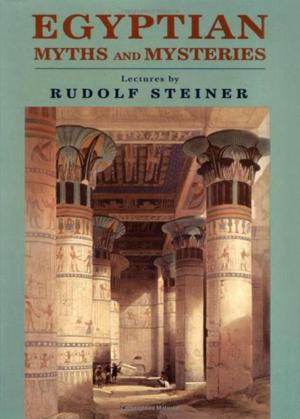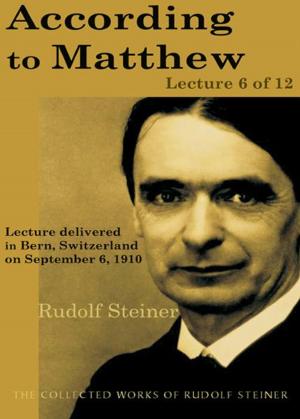Jesus, Lazarus, and the Messiah
Unveiling Three Christian Mysteries
Nonfiction, Religion & Spirituality, Inspiration & Meditation, Spirituality| Author: | Charles S. Tidball, Robert Powell | ISBN: | 9781621511427 |
| Publisher: | SteinerBooks | Publication: | May 1, 2005 |
| Imprint: | SteinerBooks | Language: | English |
| Author: | Charles S. Tidball, Robert Powell |
| ISBN: | 9781621511427 |
| Publisher: | SteinerBooks |
| Publication: | May 1, 2005 |
| Imprint: | SteinerBooks |
| Language: | English |
At the heart of the mystery of Christianity, we encounter the divinity of Jesus Christthe revelation of the descent of God from the spiritual world into the material world for the sake of humanity. To unveil the meaning of this cosmic event, authors Charles Tidball and Robert Powell (in his two chapters) draw on four very different sources: the Gospels themselves, medieval and Renaissance tradition and art, the visions of Anne Catherine Emmerich, and the spiritual science, or Anthroposophy, of Rudolf Steiner. Viewing the former in the light of the latter, the authors unravel three key riddles: the nature of Jesus, the identity of Lazarus and the meaning of his initiatory raising from the dead, and the Messianic mystery of the incarnation of the Christ. In the process, much is learned of the actual dating of the Gospel events, as well the repercussions of these events in history. This is a book for all those who want a deeper understanding of the New Testament Gospels and, especially, for those interested in the Jesus mysteries.
At the heart of the mystery of Christianity, we encounter the divinity of Jesus Christthe revelation of the descent of God from the spiritual world into the material world for the sake of humanity. To unveil the meaning of this cosmic event, authors Charles Tidball and Robert Powell (in his two chapters) draw on four very different sources: the Gospels themselves, medieval and Renaissance tradition and art, the visions of Anne Catherine Emmerich, and the spiritual science, or Anthroposophy, of Rudolf Steiner. Viewing the former in the light of the latter, the authors unravel three key riddles: the nature of Jesus, the identity of Lazarus and the meaning of his initiatory raising from the dead, and the Messianic mystery of the incarnation of the Christ. In the process, much is learned of the actual dating of the Gospel events, as well the repercussions of these events in history. This is a book for all those who want a deeper understanding of the New Testament Gospels and, especially, for those interested in the Jesus mysteries.
